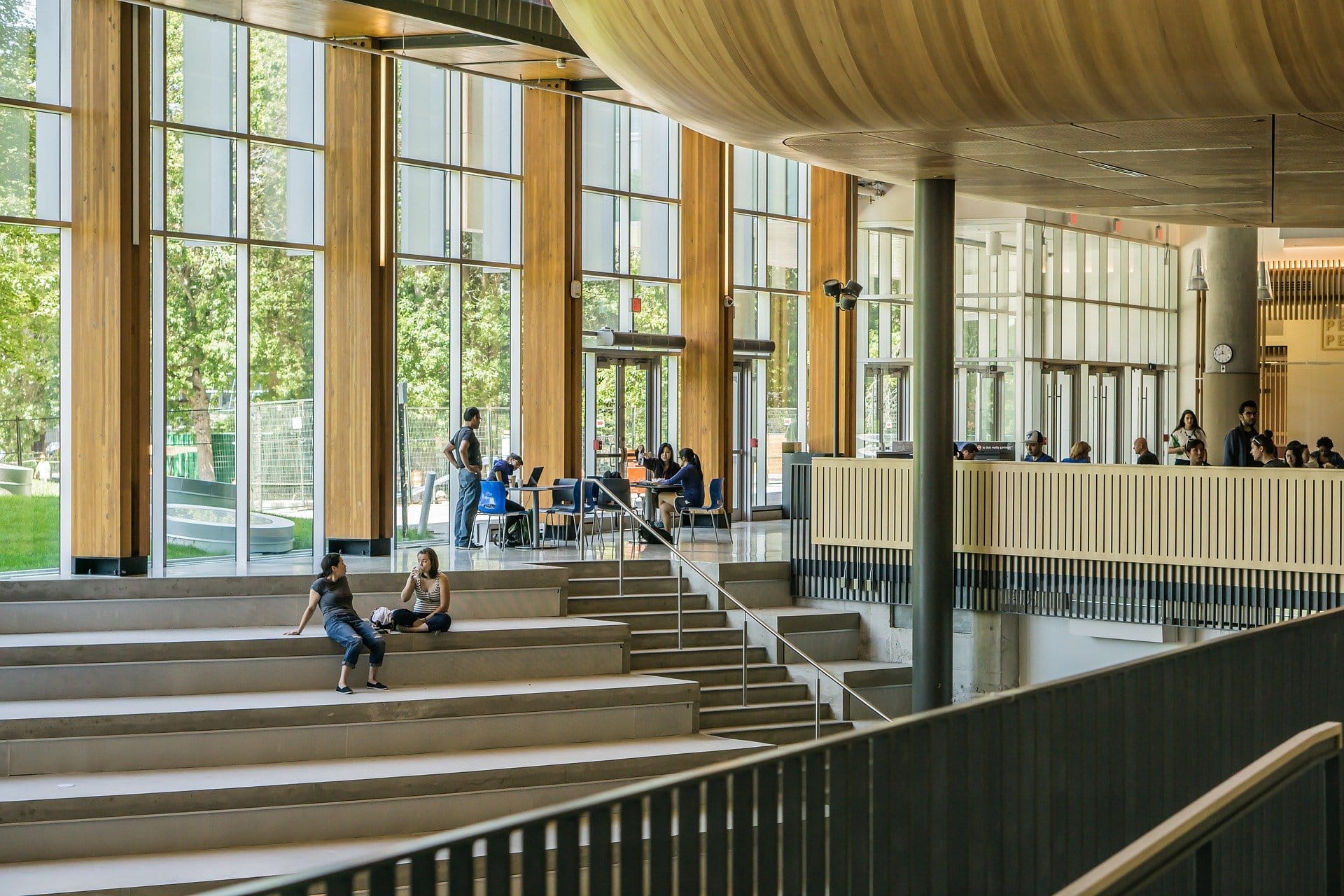How Can Behavioral Science Reform Higher Ed?
At ideas42 we do a lot of work applying behavioral science to challenges in higher education. Obtaining a university education is an incredibly strong predictor of individual earnings and economic mobility. But, unfortunately, the barriers to completing a degree are growing, with ballooning costs and student debt stifling economic growth and opportunity. This growing crisis […]







